Car experts are urging motorists to avoid a simple but damaging driving habit that can lead to severe engine problems.
Others are reading now
Car experts are urging motorists to avoid a simple but damaging driving habit that can lead to severe engine problems.
What Is Engine ‘Black Death’?
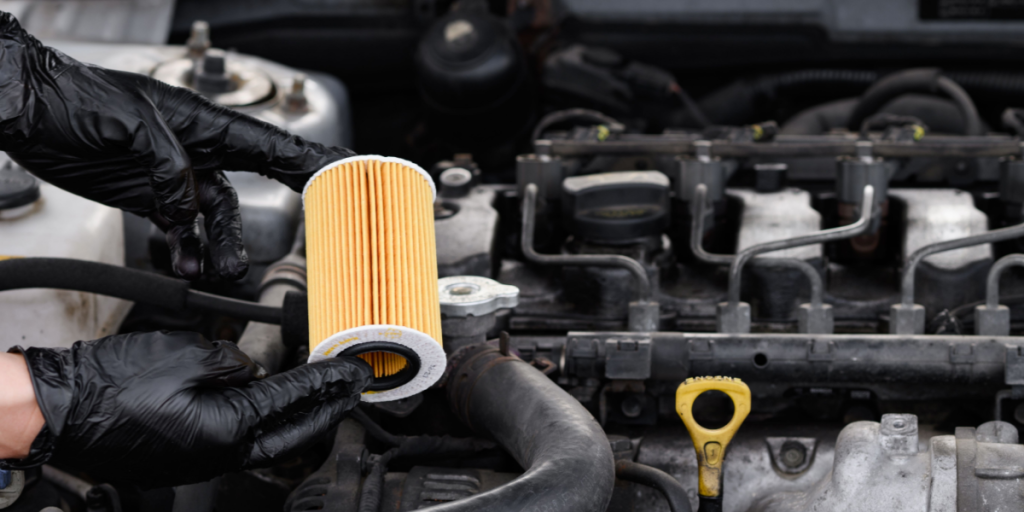
Mechanics warn that carbon deposits from unburnt fuel can clog vital engine parts. Over time, this build-up can lead to reduced performance, higher fuel consumption and even total engine failure.
The Key Cause Behind Carbon Build-Up

Driving at low speeds on short trips prevents the engine from reaching a high enough temperature to burn off carbon deposits, allowing harmful residue to accumulate inside pistons, valves and the exhaust system.
Why City Drivers Are Most at Risk
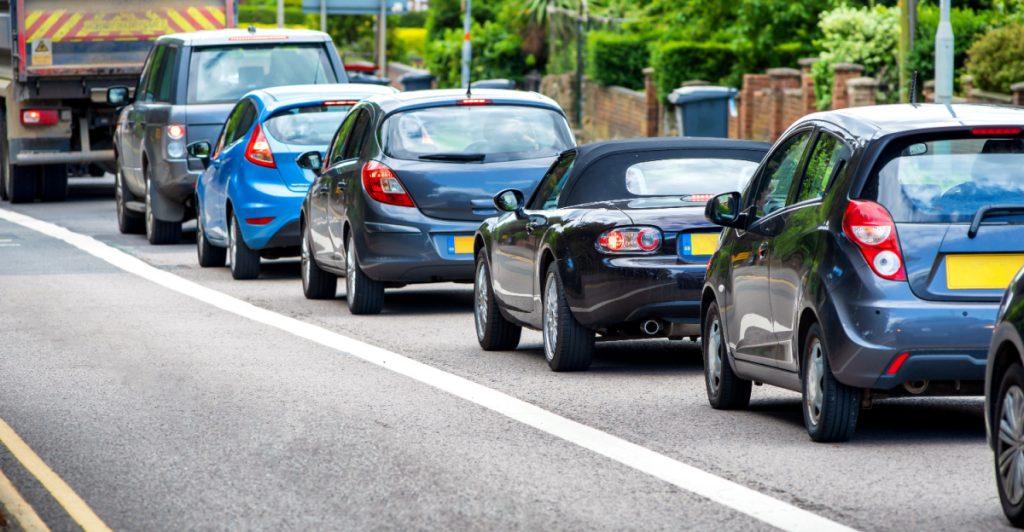
Motorists who rarely travel on faster roads are especially vulnerable. Built-up areas encourage frequent stop-start driving, which can accelerate carbon build-up inside modern engines.
The Worst-Case Scenario: Engine Seizure
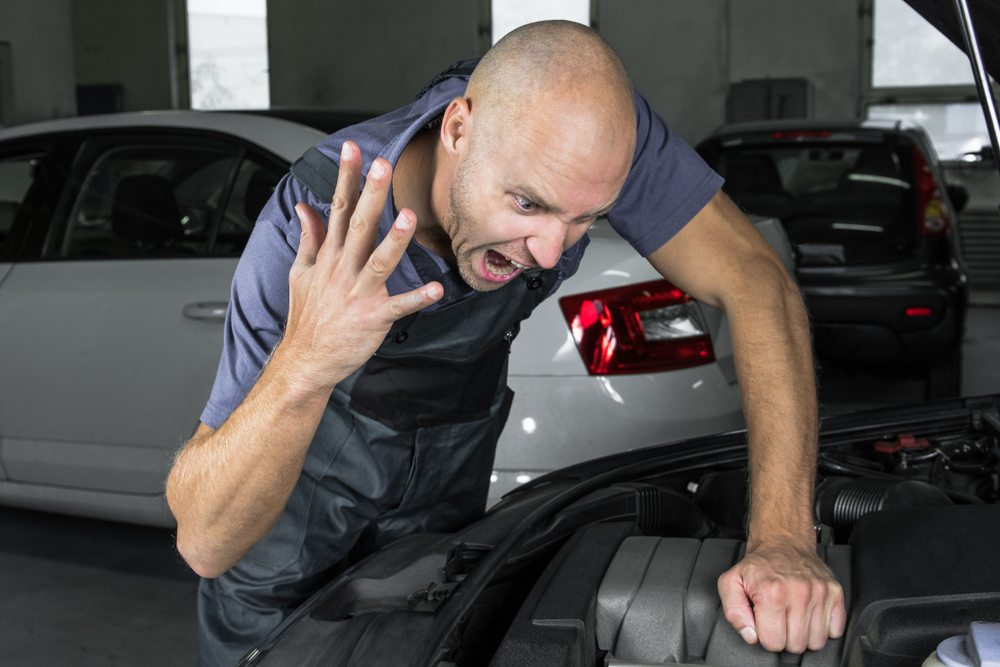
If left unresolved, carbon deposits can cause the engine to seize completely. Replacing a seized engine can cost thousands of pounds, making prevention critical for car owners.
Also read
How to Prevent Black Death

Experts recommend regular longer drives at motorway speeds. This allows the engine to reach optimal temperatures, burning away carbon deposits and keeping fuel systems cleaner.
Risks for Diesel Drivers: DPF Blockages
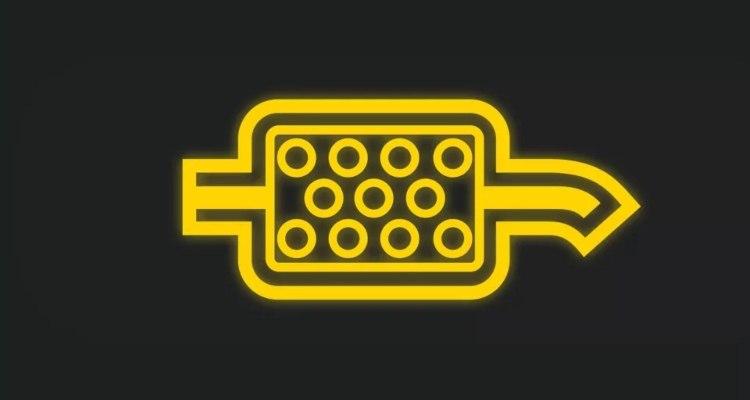
Breakdown specialists warn that short trips also prevent the Diesel Particulate Filter (DPF) from regenerating. A blocked DPF can cause power loss, poor efficiency and even engine damage.
Symptoms to Watch Out For
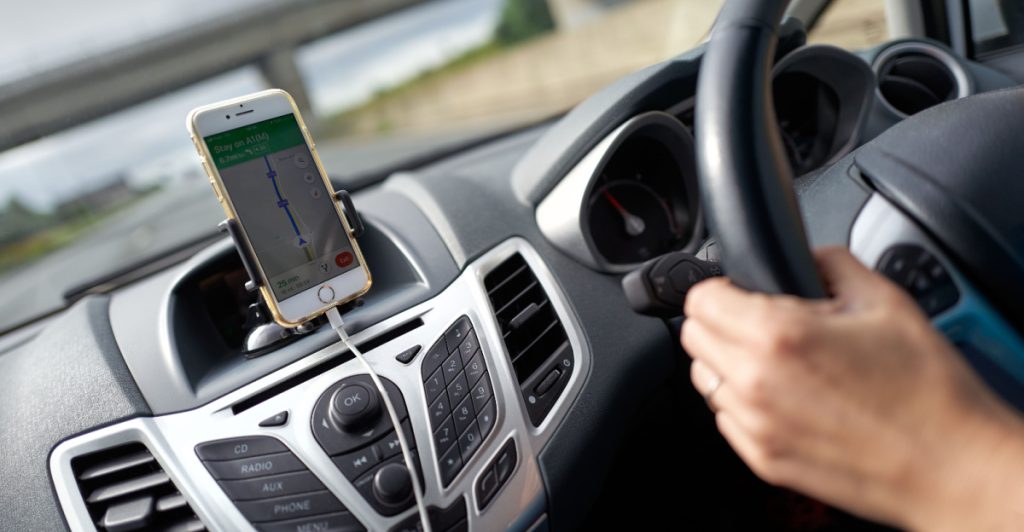
A dashboard DPF warning light, reduced engine performance or higher fuel use could indicate a blockage. Drivers should act quickly to prevent costly repairs.
Quick Fix: The Motorway Run

Taking your car on a steady motorway journey at higher speeds once a week helps clean internal components and allows the DPF to regenerate properly.
Expert Advice for Motorists
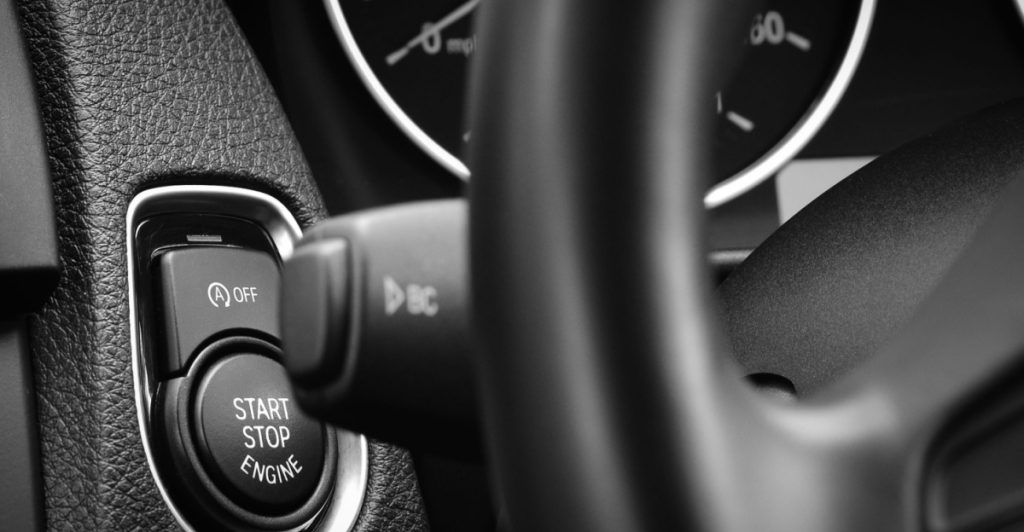
Specialists stress that modern engines are designed to handle higher speeds periodically. Longer drives not only prevent carbon build-up but also improve efficiency and prolong engine life.


